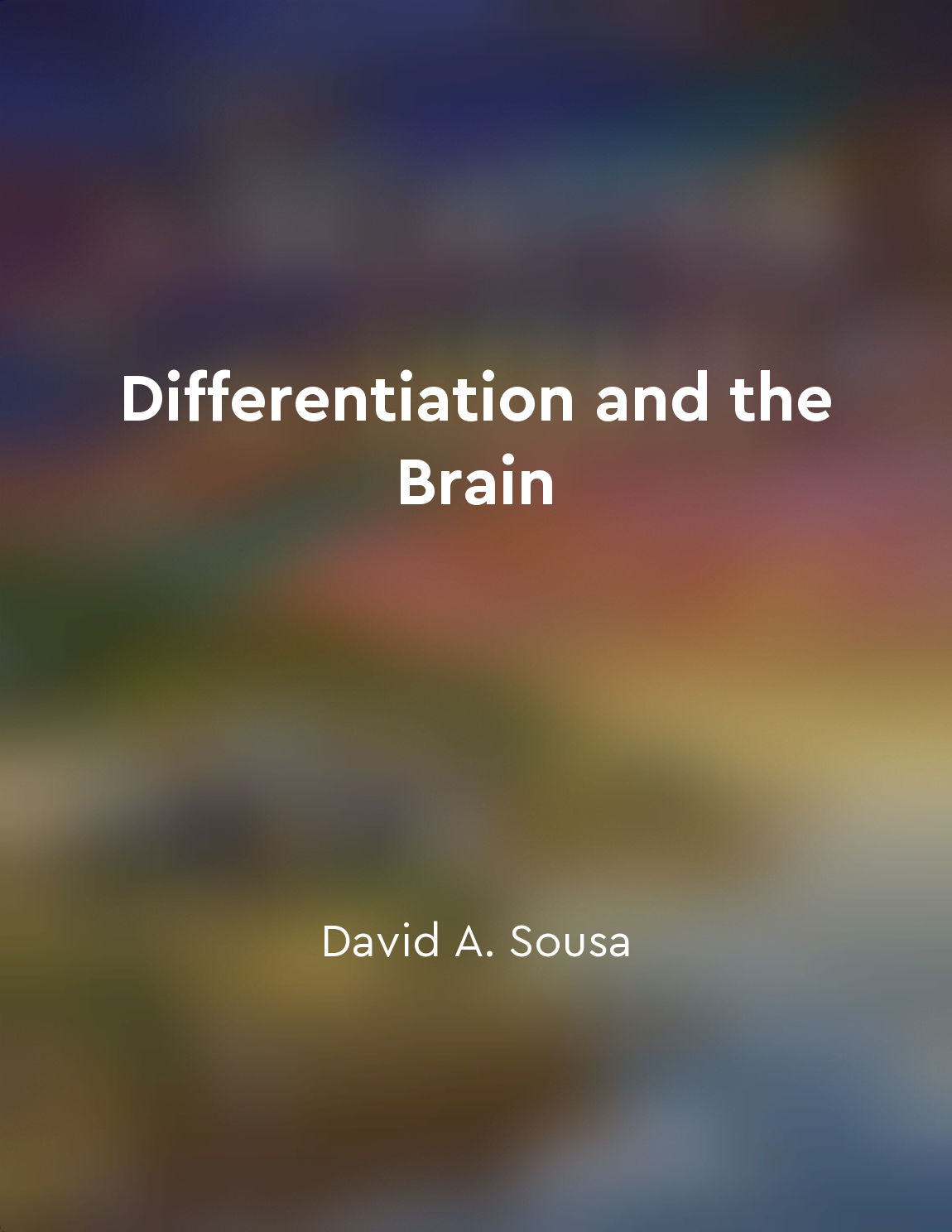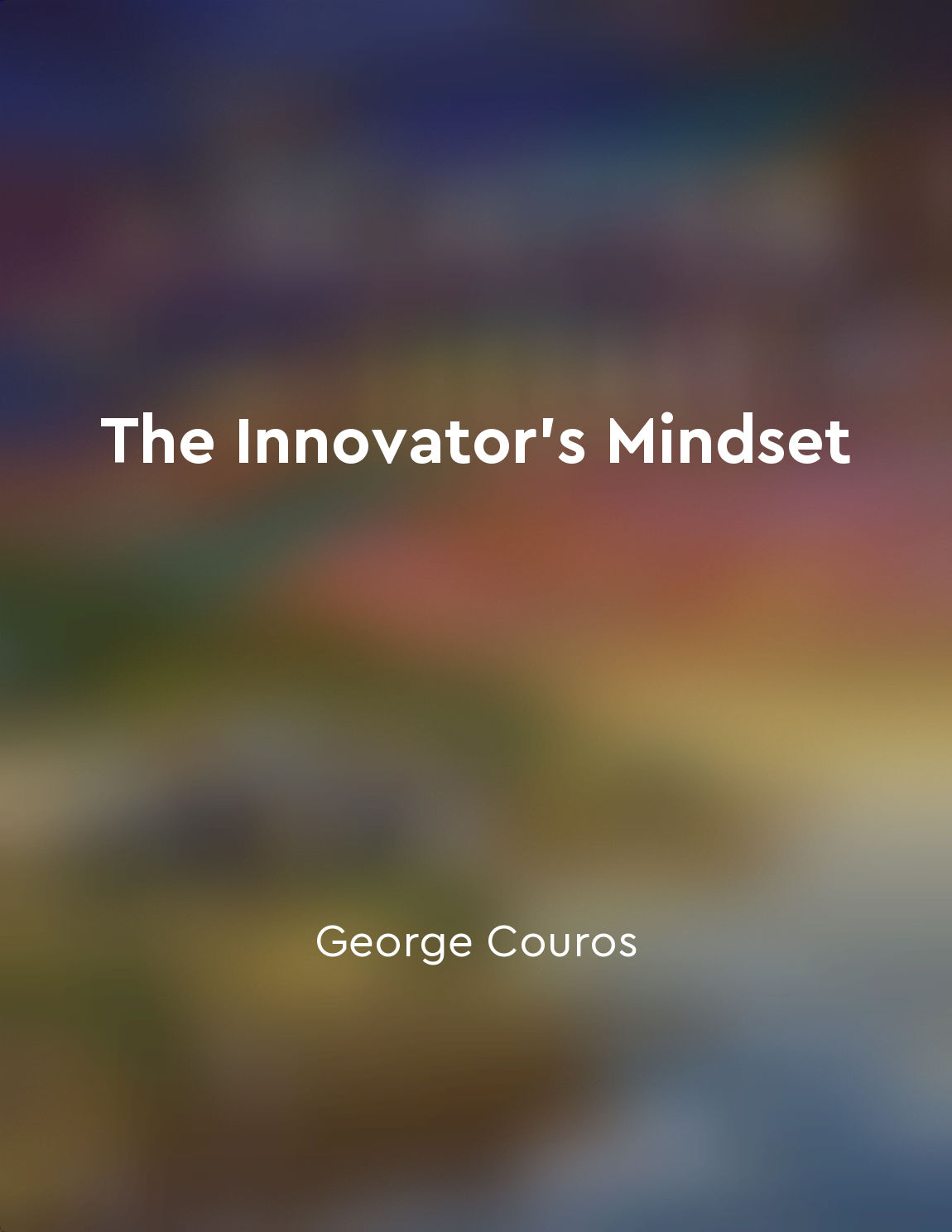Respecting individual differences in learning abilities from "summary" of Learning How to Learn by Joseph D. Novak,D. Bob Gowin
Respecting individual differences in learning abilities is a fundamental aspect of effective teaching and learning. Each learner comes to the educational setting with a unique set of strengths, weaknesses, preferences, and challenges that shape how they understand and retain information. Acknowledging and accommodating these individual differences is crucial for creating an inclusive and supportive learning environment where all students can thrive. When educators recognize that not all students learn in the same way or at the same pace, they can tailor their teaching strategies to meet the diverse needs of their learners. This may involve offering a variety of instructional approaches, such as visual aids, hands-on activities, group discussions, or individualized projects, to appeal to different learning styles and preferences. By embracing this diversity in learning abilities, educators can help each student reach their full potential and achieve academic success. Moreover, respecting individual differences in learning abilities also means refraining from making unfair comparisons or judgments based on students' varying levels of academic performance. It is essential for educators to foster a growth mindset in their students, encouraging them to view challenges as opportunities for growth and learning rather than barriers to success. By promoting a positive and supportive learning environment, educators can empower students to take risks, make mistakes, and learn from their experiences without fear of judgment or criticism.- Respecting individual differences in learning abilities is about recognizing and celebrating the unique strengths and challenges that each student brings to the learning process. By embracing this diversity and adapting teaching practices to meet the needs of all learners, educators can create an inclusive and engaging educational experience that promotes academic achievement and personal growth. Ultimately, by valuing and respecting each student's individuality, educators can help cultivate a love of learning that will last a lifetime.
Similar Posts
Teaching the importance of warmup and cool-down routines
Warm-up and cool-down routines are essential components of any physical activity or exercise regimen. They play a crucial role ...
Active learning promotes student engagement and participation
One of the key principles of effective teaching lies in the ability to actively engage students in the learning process. Active...

Differentiation empowers students to reach their full potential
Differentiation is a powerful tool that allows educators to meet the diverse needs of students in the classroom. By tailoring i...
PBL helps students develop communication skills
Problem-based learning (PBL) serves as an effective approach to fostering the development of vital communication skills in stud...
Recognizing cultural context in learning
Understanding the cultural context in which learning takes place is crucial for effective education. Cultural context refers to...
Studentcentered approaches yield positive results
Student-centered approaches in the field of education have been shown to produce favorable outcomes for students across various...

Champion a culture of lifelong learning
One of the key aspects of fostering innovation in any organization is the cultivation of a culture that values and encourages l...

The future lies in personalized solutions
In a world that once celebrated the average, we now find ourselves at a critical juncture where the old ways of thinking no lon...

